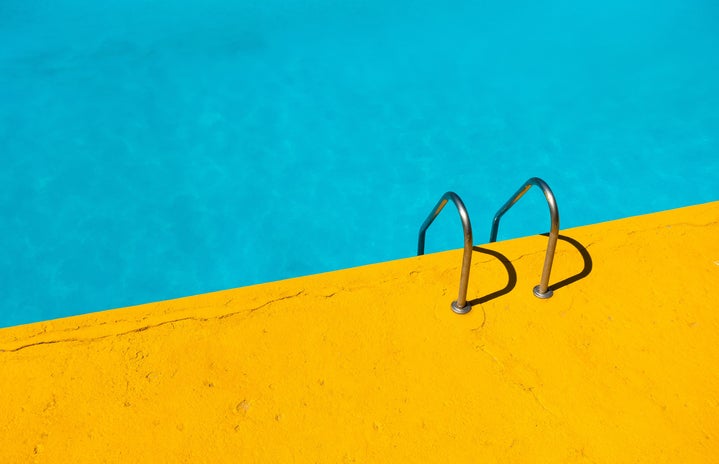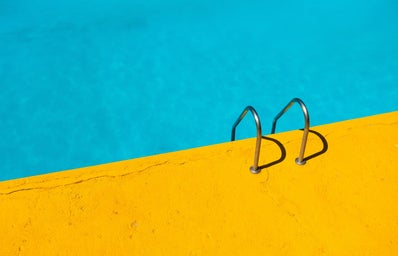Water pollution is just one of many types of pollution which results from contaminants being introduced into the natural environment. Water bodies such as lakes, rivers, oceans, and groundwater are contaminated resulting in pollution, usually due to human activities. Here are some facts and tips to reduce water pollution.
1. Fourteen billion pounds of garbage, mostly plastic, is dumped into the ocean every year.
Rich Carey/Shutterstock
2. 40% of America’s rivers and 46% of America’s lakes are too polluted for fishing, swimming, or aquatic life.
Agencies
3. 1.2 trillion gallons of untreated sewage, storm water, and industrial waste are discharged into US waters annually.
Rodrigo Abd/AP
4. Polluted drinking waters are a problem for about half of the world’s population. Each year there are about 250 million cases of water-based diseases, resulting in roughly 5 to 10 million deaths.
Anupam Nath/AP
5. In the USA alone, an estimated 200 million gallons of used motor oil are improperly disposed of by being dumped on the ground, tossed in the trash (ending up in landfills) and poured down sewers and drains.
NOAA Ocean Service Education
What You Can Do
Just because it disappears, doesn’t mean it goes away. In general, make sure to always be mindful of how you are getting rid of waste that otherwise may end up in the ocean. Here are some more examples on how you can limit your contribution to water pollution.
* Avoid using a garbage disposal.
* Minimize the use of pesticides, herbicides, fertilizers. Don’t dispose of these chemicals, motor oil, or other automotive fluids into the sanitary sewer or storm sewer systems, because they end up at the river.
* Do not flush pills, liquid or powder medications or drugs down the toilet.
* Always use paper or biodegradable material whenever possible.
* Don’t use plastic bags when carrying groceries!
Let’s keep our oceans and lakes clean.



